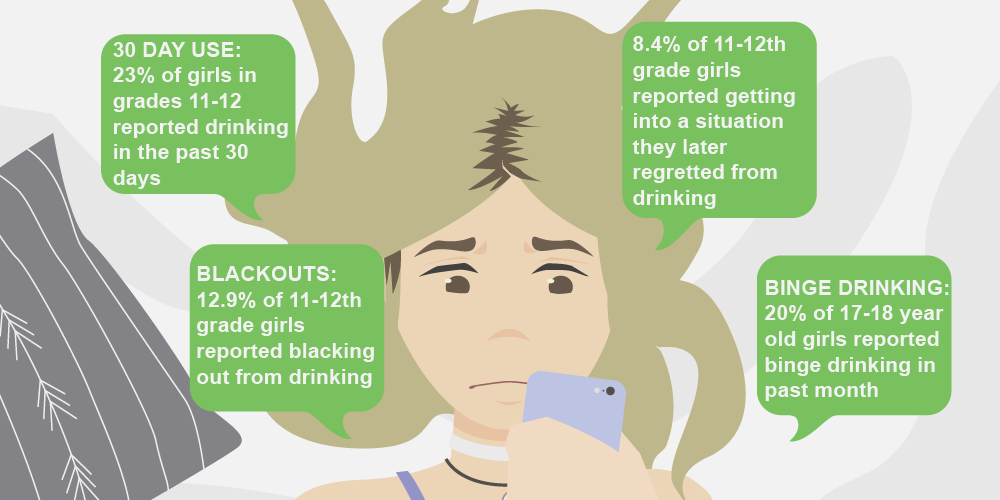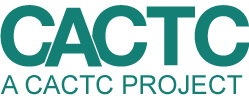Understanding the Situation
Data from the 2023 Cortland County Youth Survey draws attention to a troubling trend: a notable percentage of girls, especially those in grades 11-12, are involved in alcohol use and binge drinking. 23% of girls in grades 11-12 reported drinking in past 30 days compared 14% of boys. Girls are also experiencing various negative consequences associated with their alcohol consumption.
Girls are not merely experimenting with alcohol; they’re consuming it in quantities that can cause severe harm. The data reveals that of the girls aged 17-18, 20% admitted to binge drinking in the past month. As parents, educators, and community members, it’s crucial to understand the severity of these figures. Alcohol can profoundly affect the developing teenage brain, potentially impacting cognitive functions, decision-making abilities, and emotional health.
According to the survey, girls 11-12th grade report notably higher rates of hangovers (16% compared to 9% for males), getting sick due to drinking (13% against 10%), and problems with their mental health (8% versus 5%). The data highlights clear gender disparities in the consequences of alcohol consumption among adolescents. This not only jeopardizes their health, but can also lead to poor academic performance, strained relationships, and high-risk behaviors.
Prevention Strategies
The focus should be on prevention, education, and early intervention. Here are some steps parents can take to help prevent alcohol use among their girls:
Open Communication: Foster an environment where your girls can openly discuss their thoughts and feelings about alcohol. Talk about the risks and consequences, and encourage them to share their experiences, concerns, and any peer pressure they might be encountering.
Set Clear Expectations: Make your stance on underage drinking clear. Establish rules and consequences about alcohol use.
Engage In Their Lives: Be involved in your girl’s daily activities. Know their friends and their friends’ parents. Encourage participation in sports, clubs, or other extracurricular activities that can provide a healthy outlet for their energy and interests.
Early Education: Initiate the conversation about alcohol early. Arm them with facts about alcohol, its effects on their bodies and brains, and the legal implications of underage drinking.
Seek Professional Help If Necessary: If you notice signs of alcohol abuse, seek help from a mental health professional immediately. Early intervention can prevent the evolution of more severe issues. Locally, Family & Children’s Counseling Services offers counseling and prevention services for teens and young adults. You can learn more here: https://fcscortland.org/



